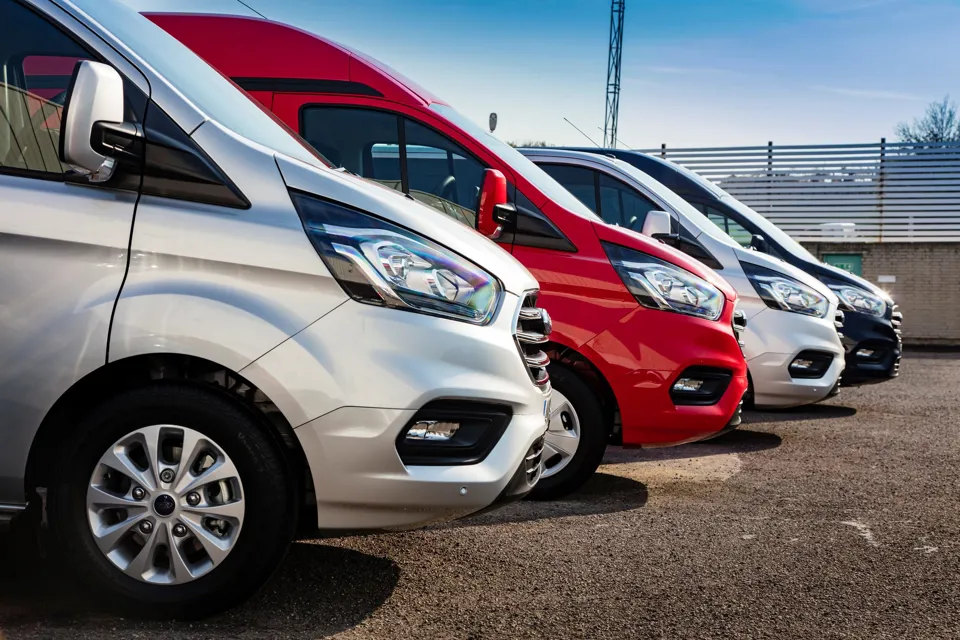Magna Accident Services is warning that the van insurance market faces significant problems finding replacement vehicles, which could increase costs.
It says that a perfect storm is emerging for the van insurance market. Jodi Daubney, managing director of Magna Accident Services, says Brexit, Covid-19 and a growing home delivery sector have made new and replacement vans “as rare as hen’s teeth, risking huge claims bills for van insurers, which will inevitably feed through to higher premiums”.
Two factors have combined to create the problem, according to Daubney. Overall van sales rose to nearly 100,000 in Q1 2021, during the same period, the light commercial van market grew by 43% compared to last year. Pick-ups and larger vans grew by 36% and 60% respectively.
Furthermore, UK commercial van manufacturing for the domestic market fell by nearly 33% in the first two months of 2021 (compared to 2020), reflecting the difficulty in getting parts from the EU, and changes required to the just-in-time manufacturing processes following Brexit, she says.
“There is increased demand, but falling supply is leading to long lead in times for a new vehicle,” she explained. “If you have an accident and your van is written off or needs repairing, you’re in trouble.”
New van waiting times
Typically, she says that commercial vehicles are written off following an RTA if repair costs are in excess of 60% of the vehicle’s value, and the rising cost of parts makes it more likely that vehicle repair costs will hit that threshold.
“With waiting times for new vans extending to January 2022 for some models, insurers will be dealing with very unhappy customers if they won’t build in extended hire periods while customers wait for a new van to arrive,” she said.
“As a GTA subscriber there is a limited time we can leave a client in a replacement vehicle after they have received their total loss cheque. We will not be paid for any hire period which cannot be justified.”
The GTA is a voluntary protocol between insurers and credit hire companies that aims to remove friction and delays in settling credit hire claims, but Daubney said that all credit hire companies providing commercial mobility, regardless of whether they are subscribers to the GTA or not, may need to agree with insurers to extend the time period.
She called on the industry to explore how using green or used parts to repair vans could reduce the backlog, even temporarily while waiting for new parts.
“In the meantime, we are scouring the country to find replacement vans for our customers,” she said.
“The customer is entitled by law to be put back in the position they were prior to the incident, and if a new vehicle is not available to them then this is going to cause issues.
“We are also finding that more commercial customers are buying ‘new for old’ policies, which means that if their vehicle is written off during the first two years then they are provided with a new like for like vehicle.
“Tradespeople buy particular van models because they need to be appropriate for the type of work they do, including the interior fit out.”
She says it crucial that insurers and specialist credit hire companies like Magna work together to ensure that customers don’t lose out while they wait for a new vehicle.
“For hundreds of thousands of tradespeople, their van is their livelihood, and the last thing we want is for them to be unable to carry on with their business because they can’t access mobility,” she added.
According to Consumer Intelligence, van insurance rose by 2.3% during the second half of 2020, but premiums may rise further if this issue is not resolved, claims Daubney.
“Nobody wants to overpay for their van insurance, especially in a pandemic-hit economy, but I am waving a red flag now and urging the industry to work together to keep a lid on premiums,” she said.























Login to comment
Comments
No comments have been made yet.